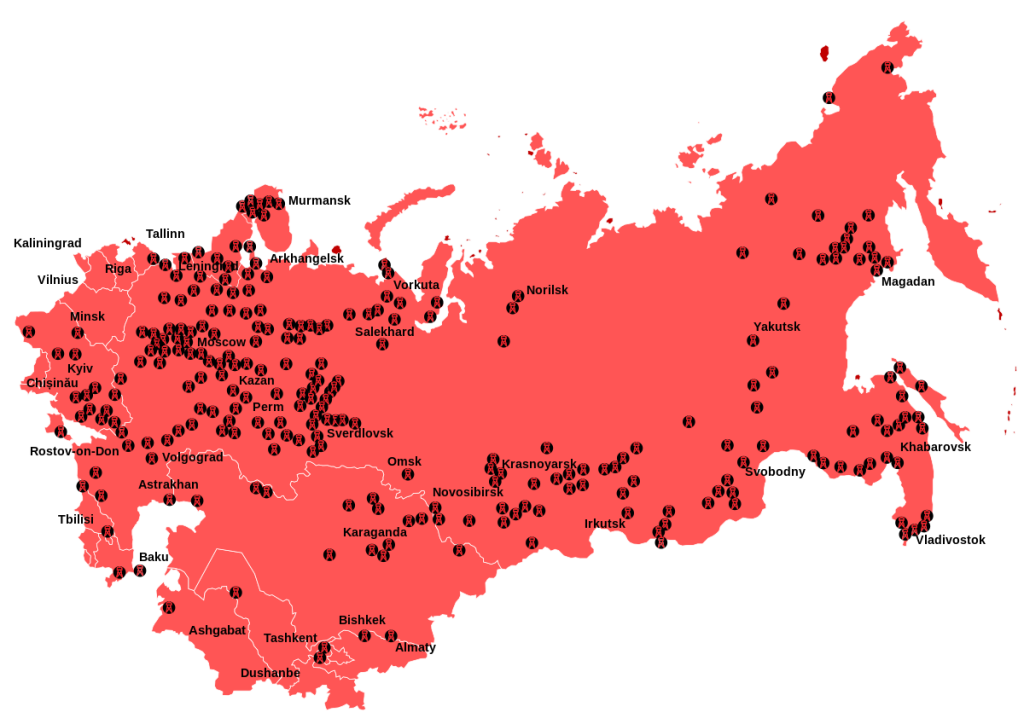
The Gulag Archipelago is a novel which was written for the intended purpose of telling the author Aleksandr Solzhenitsyn’s story about his time imprisoned in the gulags of Russia. But Solzhenitsyn make it a point to talk about not just his experiences, but the experiences of the thousands of other people he talked to while Imprisoned. He remarks that they no longer get the chance to be able to tell their stories, so he must carry the burden of bringing them to the public. The first part of the novel details the events that led to his imprisonment and the experiences of many other individuals who were arrested by the NKVD. Solzhenitsyn also intertwines historical events to give background for the events that were currently going on at his point of incarceration. In the second chapter of his book, Solzhenitsyn talks about the waves of arrests which were going on at the same time he was arrested. Solzhenitsyn states “Stalin’s new line, suggesting that it was necessary, in the wake of the victory over fascism, to jail more people more energetically and for longer terms than ever before, had immediate repercussions of course on political prisoners” (Solzhenitsyn, 37), This new wave of incarceration not only brough along with-it harsher sentences for new prisoners brought in, but also harsher sentences for people who were already incarcerated, which included “Believers.” These people were arrested in the first wave of Stalin’s take over of Soviet Russia because of there religious beliefs. These series of arrests where exactly what Tomislav Poglajen had feared when he fled Croatia and took up his mother name in order to conceal his identity. He “knew that clericalism and passivity of traditional Slovak Catholicism was would be no match for communism” (Live Not By Lies, 9). Poglajen fled Croatia because he knew that a fascist ideology like communism would not tolerate the church under it’s rule of Russia, so he fled his country which was under facing the threats of Nazi rule and took up his mother’s surname, Kolakevic in order to keep his identity hidden from the gestapo. This proved to be the right decision, as both the Nazi’s and the Soviets were driven to incarcerate and undermine all aspects of Catholicism in their communities. Of Those who were affected by Stalin’s wave of terror, which took place a years after Poglajen fled his country, Catholics were persecuted and thrown into gulags with little to no due process. Dreher remarks that “a stranger who sees deeper and farther than the crowd appears to warn of trouble coming” (Live Not By Lies, 8). Polgajen in this respect was clearly the stranger, who fled from the Nazi’s and the Soviets, despite the fact that Stalin agreed give the nation of Croatia it’s freedom back from the Nazis. He could clearly see that it was a lie.
Leave a Reply